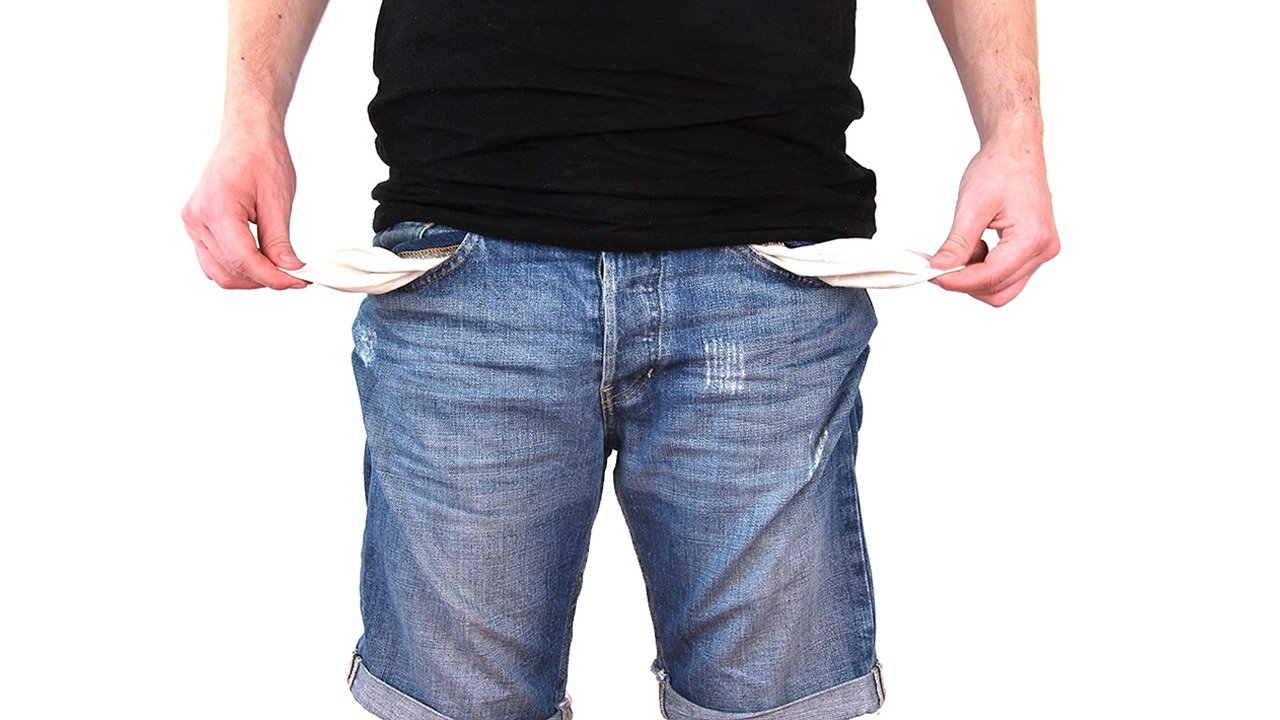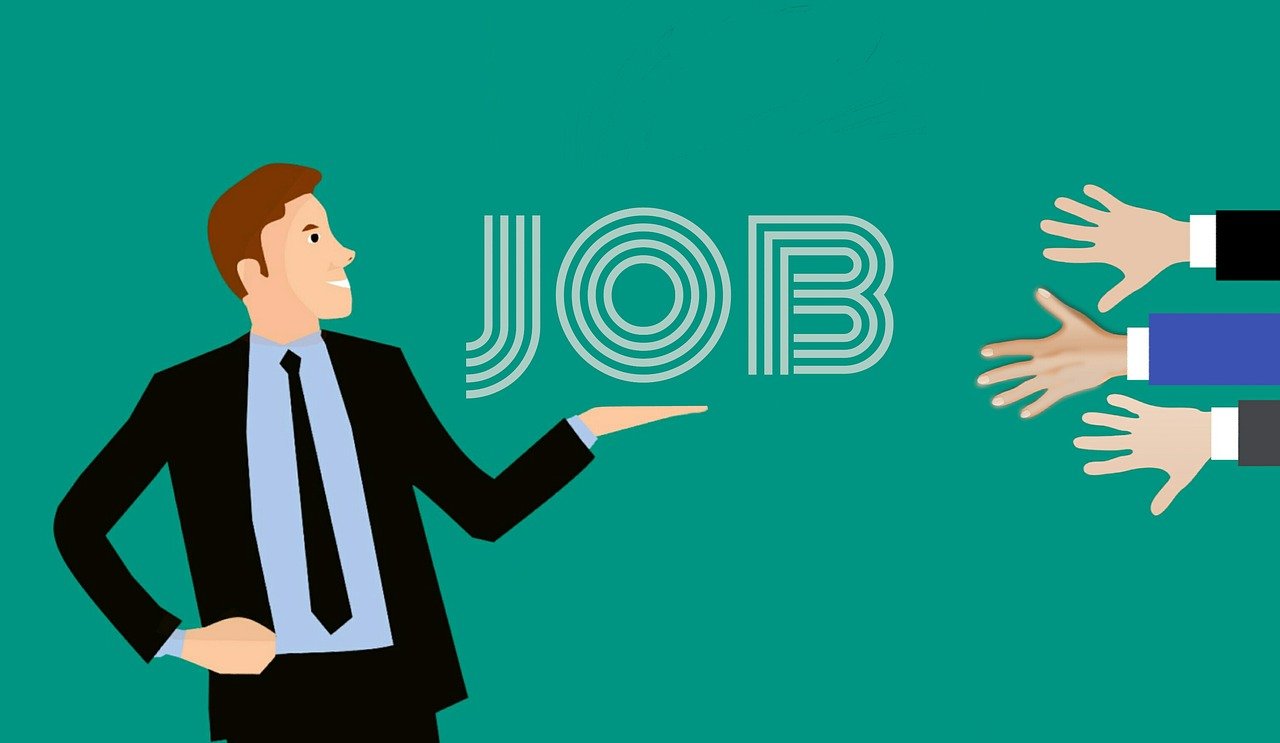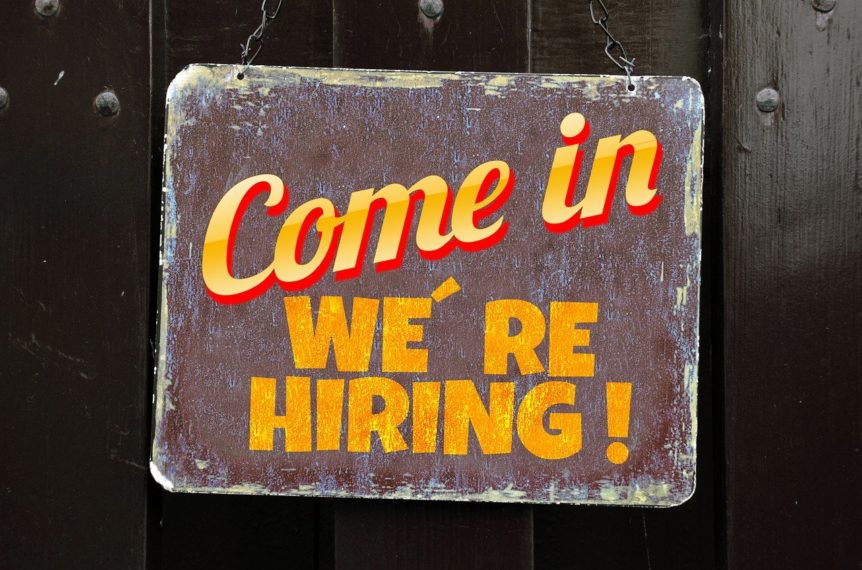Since the onset of the coronavirus pandemic in mid-March, more than 57 million Americans have filed for unemployment. With several states still under lockdown, the airline, events, hospitality, and leisure sectors are just a few of the industries that have been reeling from the devastating effects of the disease. It has left millions of people out of work.
If you’re one of them, any form of temporary work you get during this time that can inject extra cash into your household is most certainly welcome. Besides, it’s also a great way to make a good impression on prospective employers, which increases your chances of landing a more permanent job.
Nonetheless, the most common fear among unemployed individuals seeking temporary work is – What happens if you get a job while on unemployment? Will it impact your benefits? Can you still claim unemployment while working a part-time job? Here’s everything you need to know.
How Does Unemployment Work?
The US Department of Labor generally has two set criteria that you need to meet to qualify for unemployment benefits.
First, you need to be out of work through no fault of your own. Getting laid off is one such instance. If you got fired for gross misconduct or quit, you don’t qualify for unemployment.
Second, you need to meet your state’s requirements on the wages you’ve earned and time worked. Take New York, for instance. The state law there requires that:
- You have worked at least two calendar quarters in the previous year leading up to your unemployment. This is referred to as the base period.
- You earned a minimum of $2,600 in any of those quarters.
- During the base period, you made 1.5 times the amount you earned in your highest-earning quarter that calendar year.
Sounds complicated, right? Don’t worry. If you got laid off from a solid long-term job, it’s more than likely that you already qualify and can lodge an unemployment claim.
Do Employers Pay Unemployment?
Many people mistakenly believe that unemployment insurance benefits are derived from a fund financed by employees – a lot like the way Medicare or Social Security works. However, it is the employers who fund unemployment benefits, and at a much higher amount than the cost of the claim itself.

The federal government also funds a portion of it. Pennsylvania, New Jersey, and Alaska are the only three states in the country that levy unemployment taxes on employees. Even then, it’s only a small percentage of the overall cost.
How to File for Unemployment
The process of filing for unemployment varies from state to state. Some have a waiting period, meaning you need to have been unemployed for a specific duration before you’re allowed to file an unemployment application. This could be anywhere from one to two weeks.
Different states also have different limits on the total amount you can receive in benefits, as well as different formulas for how those benefits are calculated. If you received paid vacation time or severance pay when you left employment, this could also impact how soon you can start receiving benefits.
Nonetheless, your best bet is to start the process as soon as you can since it could potentially be a long-drawn-out process. To file for unemployment, the first step would be to get in touch with the unemployment insurance agency in your past employment or state of residence.
If you worked in multiple states, choose the specific one where you’ll draw your benefits from. It’s a good idea to “shop around” and choose a state that works in your favor.
The next step is to file your application. Depending on the state in question, this can be done in person, phone, or online.
Make sure that all the details you provide in your unemployment application are correct. It doesn’t hurt to double-check the information you fill in, like the dates you were in employment, your respective wages at the time, the company address, and so on.
Collecting Unemployment Benefits
Once you start collecting unemployment, you have to file weekly or bi-weekly claims detailing the jobs you’ve applied to, the offers you’ve received, and any earnings you’re getting from part-time work. If you’ve turned down any job offers, you’ll need to explain why.

While the requirements set out by state unemployment agencies vary, most of them require that you attend in-person meetings to update them on the progress of your job hunt. They may even ask you to attend career training sessions to help you increase your job prospects.
Keep in mind that unemployment benefits are also subject to federal income tax. So, you need to report it when filing your annual tax returns. A frequently asked question we often get is – What happens if employer does not respond to unemployment claim?
In most states, if an employer responds to a claim late or fails to respond entirely, you will automatically get the benefits due to you. From the employer’s perspective, it doesn’t stop there.
Several states across the country have started imposing stiff penalties on companies that don’t respond to unemployment claims in a timely fashion. These may range from revoking the employer’s right to appeal to paying higher tax rates on unemployment benefits.
What Reasons Can You Be Denied Unemployment?
If you don’t meet your state’s criteria, there’s a good chance you may be denied unemployment benefits. This could be due to several reasons. Here are the five most common ones.
1. You Didn’t Make Enough Money During the Base Period
In most states across the country, your eligibility for unemployment will be determined by looking at the amount of money you made during a given base period. This is generally the first four of the five most recent fiscal quarters.
So, if, for instance, you lodged your claim in April 2020, the state will look at your income between January and December 2019 – which are the first four of the most recent five quarters.
If you don’t meet the minimum earning amount per your state rules, you will be denied unemployment. You could appeal the decision, but that may not do much to change the outcome. You’re better off exploring other options to get the income you need to survive.
2. You Didn’t Make Enough Money During Your Highest Earning Quarter
Aside from your earnings during the base period, some states also have a highest-earning-quarter rule. It requires you to have made a predetermined minimum amount of money in your highest-earning quarter of the base period. If you don’t meet the threshold set out by your state, then your claim will be denied.

3. You Failed to Submit All the Required Information in Your Application
Sometimes, your unemployment claim may be rejected because you left out some crucial information in your application. For instance, you may have failed to list one of the companies you worked for in one of the quarters of your base period. As a result, your earnings from that particular employer may not count.
This could cause your application to be denied if the money you made doesn’t meet the minimum threshold required. Although you can appeal the decision and provide all the information you previously failed to include, it’s always better to double-check your application to prevent avoidable delays in claiming your benefits.
4. Your Employer Is Still Paying You for Family or Sick Leave
If you apply for unemployment while your employer is still paying your family or sick leave benefits, your claim will be denied. However, you can lodge a fresh application once these benefits run out and are still unable to go back to work.

5. You Quit Your Job
Under normal circumstances, quitting your job would automatically disqualify you from receiving unemployment.
However, due to the coronavirus pandemic, the government made an exception to allow those who quit because of COVID-19 to claim unemployment. This was to relieve people from having to choose between their health and their financial wellbeing.
Can Self Employed People Get Unemployment?
This is a frequently asked question among self-employed individuals, including independent contractors and gig-economy workers. Before the onset of the coronavirus, these categories of individuals were not eligible for unemployment. However, the CARES Act, which was passed in response to the pandemic, changed all that.
It allows self-employed individuals whose income has been affected by the health crisis to now apply for unemployment benefits. The Act established the Pandemic Unemployment Assistance (PUA) program, specifically designed to cater to those individuals who wouldn’t typically qualify for regular unemployment insurance benefits.
Confusion sometimes arises as to what “unemployment” means when you’re a contractor. This is because you might experience periods when there’s little to no work and other times when you get quite busy.
PUA stipulates that you would still be eligible for unemployment if you experience what it terms as a “significant diminution” of work as a direct result of the pandemic.
Can Furloughed Employees Collect Unemployment?
First, it’s important to understand the difference between being furloughed and laid off.
A furlough refers to an unpaid leave of absence from work. Furloughed employees still technically have a job to go back to, but they don’t earn a salary for the period they’re away from work. Being laid off, on the other hand, is a permanent termination of employment.
Since unemployment insurance is primarily managed at the state level, whether or not a furloughed employee can collect benefits depends on where you live and work. Some states allow it while others don’t.
In the wake of the coronavirus pandemic, Congress passed a stimulus package to temporarily streamline this issue on a wider scale by extending unemployment insurance benefits to furloughed workers as well.
Do You Have to Repay Unemployment Benefits?
Unemployment benefits exist to help you get by when you’re out of work. When you finally land a job and are now getting a paycheck once more, you might be wondering whether you need to pay back the benefits you received during the period you were unemployed.
The good news is – no, you don’t. However, this is contingent on whether the unemployment commission determines that you were paid in error or that you committed fraud.
If, for instance, you received a higher payment than you were entitled to due to an error on the state’s part, then you’ll have to pay the extra money back. Alternatively, you can appeal and ask the commission to waive the repayment requirement.
Whether or not your request is granted ultimately depends on your ability to repay the money, as well as the reason for the overpayment.
If the overpayment you received was the result of fraud on your part, you’ll not only have to pay the money back, but you may also have to part with a hefty penalty and/or interest. In Texas, for instance, you would have to pay back the benefits you incorrectly received, along with a 15 percent penalty on the amount in question.
Some common instances of unemployment fraud include:
- Lying about your availability for work to continue collecting unemployment checks
- Giving false information in your unemployment application
- Failure to disclose the amount of money you receive for working while you’re still on unemployment
Keep in mind that fraud is a crime. So, in addition to repaying the money together with interest and penalties, you could potentially be charged, prosecuted, and sentenced to serve time.
What Happens if You Don’t Pay Back Unemployment?
For starters, the money could be withheld from your paycheck and any tax refunds due to you or your spouse until the amount is repaid in full. It could also be recovered from any lottery winnings you might get.

The money could also be deducted from future unemployment benefits that you may be entitled to. Finally, the state could bring a lawsuit against you.
The Cushion You Need to Land Softly
The bottom line is this: If you get a job while on unemployment, you’ll need to disclose this to the concerned state unemployment agency. If you get a full-time job, then you’ll need to stop the benefits payments. Failure to do so will be regarded as fraud, in which case you’ll have to pay the money back with interest and penalties.
If you’re self-employed, an independent contractor, a gig-economy worker, or are working a part-time job, then you are eligible for unemployment under the provisions of the CARES Act.
If you’re not entirely sure where you stand or stand accused of fraud, talk to an unemployment lawyer today to explore all your options.
If you have any legal queries, chat online with a Laws101.com attorney today.
